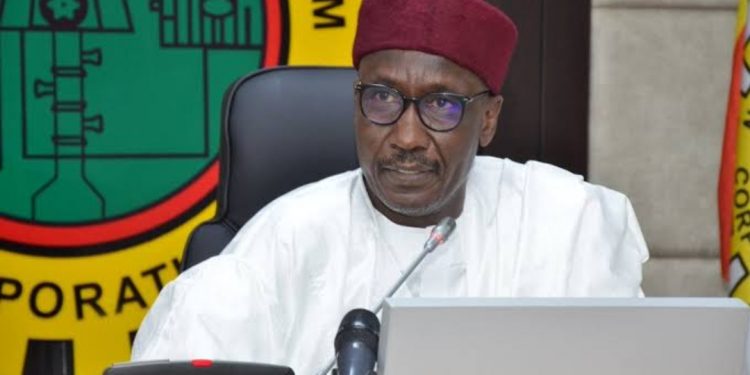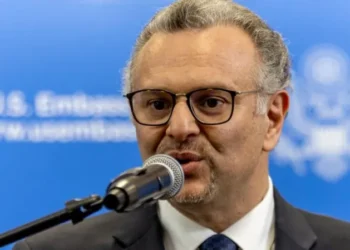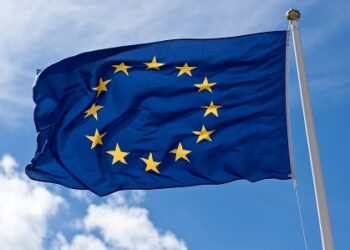By John Ikani
The Group Managing Director of the Nigerian National Company Limited (NNPC), Mele Kyari, has disclosed that four companies were responsible for the importation of adulterated fuel into the country.
Heritage Times had earlier reported that Nigerians have been struggling to buy petrol since Monday as efforts to recall the contaminated fuel from circulation led to fuel scarcity and long queues at petrol stations.
Speaking on Wednesday during a media briefing at the NNPC Headquarters in Abuja, Kyari said the contaminated fuel was imported into the country through the Direct Sales Direct Purchase (DSDP) arrangement.
According to him, the DSDP suppliers are NNPC subsidiaries which include MRS, Oando, Emadeb Consortium, and Duke Oil.
While noting that investigation carried out by the company revealed that the presence of Methanol which was above Nigeria’s specification was detected in four petrol cargoes imported by the aforelisted companies, the NNPC boss added that the adulterated fuel was imported from Antwerp in Belgium.
Kyari further disclosed that he has since ordered the withdrawal of all the affected products in transit (both truck and marine).
He said: “In order to prevent the distribution of the petrol, we have ordered the quarantine of all un-evacuated volumes and the holding back of all the affected products in transit (both truck & marine).
“All defaulting suppliers have been put on notice for remedial actions and NNPC will work with the authority to take further necessary actions in line with subsisting regulations.
“NNPC wishes to reassure Nigerians that we are currently sourcing additional cargoes to ensure product sufficiency.”
The NNPC boss asserted that petrol brought into Nigeria usually does not include the test for the level of methanol content, adding that cargoes’ quality certificates issued at the loading port in Belgium, by AmSpec Belgium, indicated that the product complied with Nigerian specifications.
However, Kyari disclosed that the NNPC first received a report on January 20, 2022, from its quality inspector of the presence of “emulsion particles” in petrol cargoes shipped to Nigeria from Belgium.



































